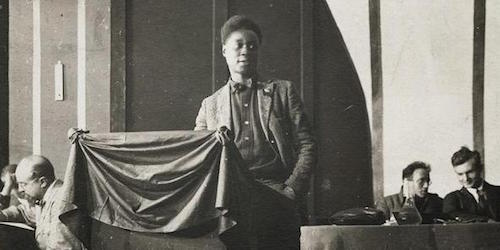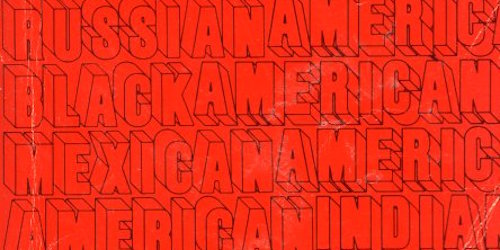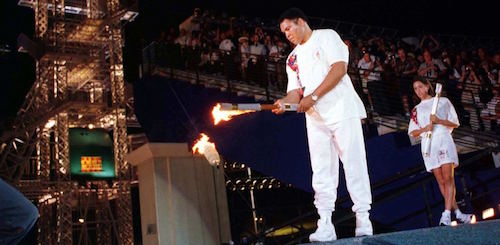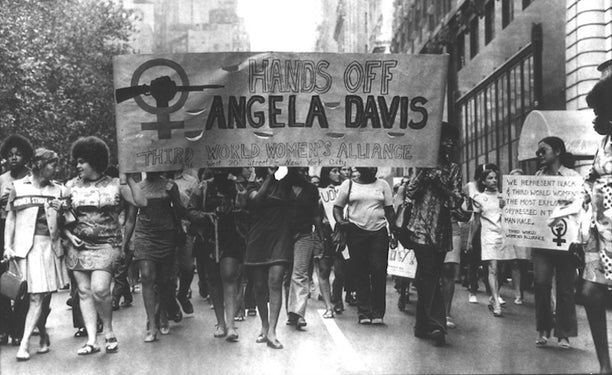
They Came in the Morning
The republication of If They Come in the Morning is an invitation to pick up the work documented in the book.

The republication of If They Come in the Morning is an invitation to pick up the work documented in the book.
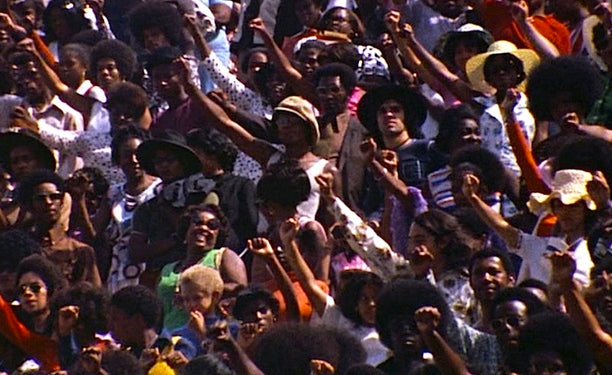
A mixtape for the Black Radical Tradition.
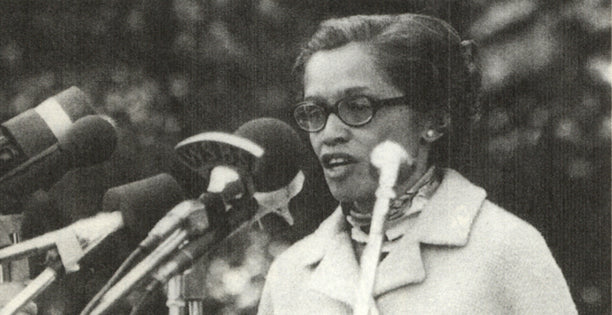
The promse of 1917 allowed African American women to assert themselves as an integral part of a global movement to end racism, sexism, and imperialism.

Under the premise of social change, what many have come to rightfully recognize as the nonprofit industrial complex moves throughout the insides of genuine movements, commodifying, recycling, and taming anything too radical.
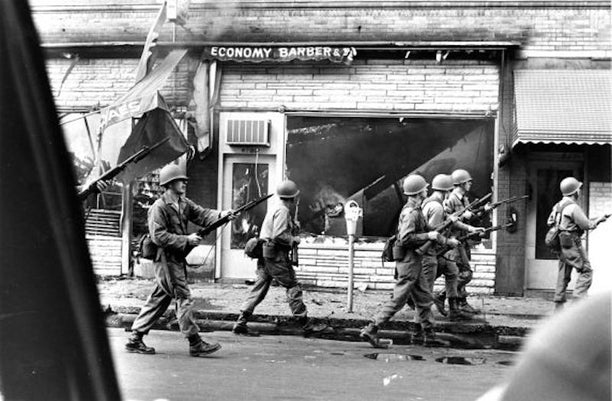
The unprecedented prison expansion over the last four decades is inconceivable outside the context of mass antiracist and class struggle and the state’s crushing of the urban insurrections of the 1960s.
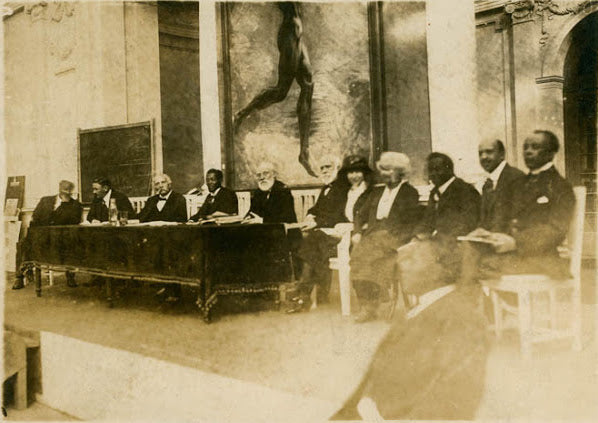
An inquiry into Du Bois' articulation with Liberia, colonialism and its concomitant formations of Black middle classes, the history of the "Americo-Liberian" elite, and the advent of the United States as a colonial power.
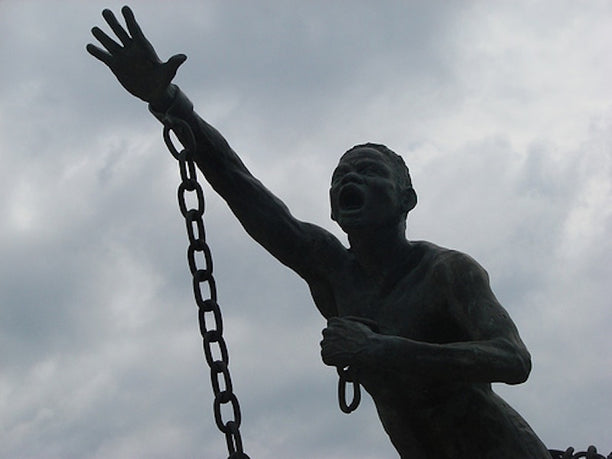
"How are we to conceptualise what we [black peoples] were, what we are, what we are becoming?"

Today we must remember Heather Heyer and all those who left their homes in the morning to fight for justice, knowing that they might not come back. These people are never angels or saints. They are ordinary people, like you and me. Their refusal could not be silenced.
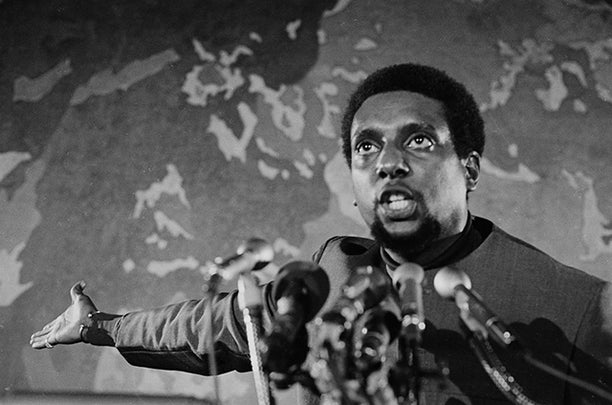
In late 1966, Stokely Carmichael was arrested during a Mississippi rally in the aftermath of the Selma campaign. On his release, he advocated Black Power, representing a break with the theory of nonviolent resistance. Strongly influenced by the work of Frantz Fanon and his landmark book Wretched of the Earth, along with others such as Malcolm X, Carmichael led SNCC to become more radical. He resigned as chairman in May 1967 and became more closely aligned with the Black Panther Party. To celebrate the anniversary of his birth, we publish the text of his speech delivered at the University of California at Berkeley expounding on his aims forty-nine years ago in October 1966.
